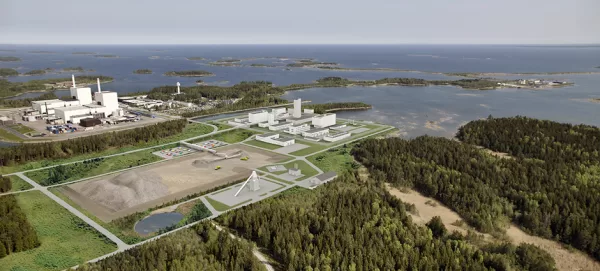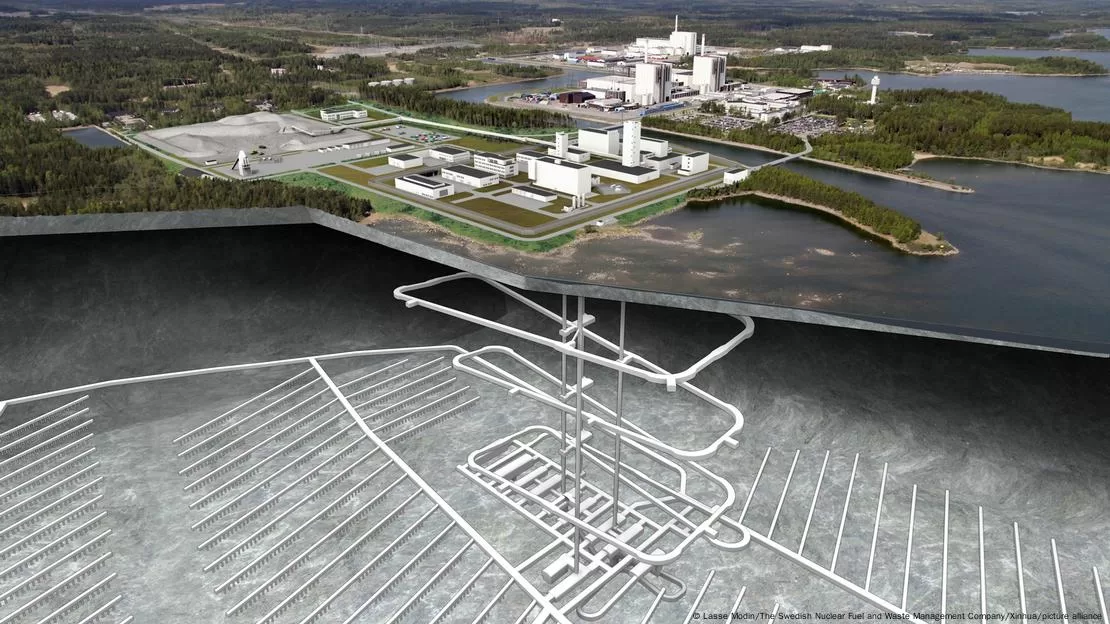Sweden’s nuclear fuel storage site has commenced construction, a project aimed at storing spent nuclear fuel. The endeavour is only the second such site in the world where highly radioactive waste will be stored for 100,000 years. The construction of nuclear fuel storage facilities that store deadly radioactive waste has always puzzled the nuclear industry. However, with the prevalence of commercial nuclear reactors rising, it has become a necessity. Finland is the only nation in the world close to completing a permanent storage site.
Environment Minister, Romina Pourmokhtari noted that it is hard to exaggerate the significance of the repository on Sweden and on climate transition once it is concluded. “They said it would not work, but it does,” he added. The World Nuclear Association contemplates there are around 300,000 tons of spent nuclear waste globally. All of these are in dire need of safe disposal as most of them are stored in cooling ponds near the reactors that produce them.
Also read:
World’s tallest wooden wind turbine starts work in Sweden
The Scope of Implementation on Sweden’s Nuclear Fuel Storage Site
Sweden’s nuclear fuel storage site is expected to open an avenue to encourage the safe disposal of fuels. It comes at a time when several countries around Europe and the globe are planning to build new reactors. One of the reasons for this is to facilitate the transition away from fossil fuels. The Forsmark final repository is being constructed about 150 kilometers north of Stockholm on Sweden’s east coast. Moreover, it comprises 60 kilometers of tunnels buried 500 meters down in 1.9 billion-year-old bedrock. Once completed, it will be home to 12,000 tons of spent nuclear fuel. The fuel is expected to be encased in 5-meter-long, corrosion-resistant copper capsules. After this, it will be packed in clay and buried.

The Forsmark repository is expected to take its first waste in the late 2030’s but will not be completed until around 2080. During this final phase, the tunnel will be backfilled and closed according to insight from Sweden’s Nuclear Fuel and Waste Management Company. However, the process is noted that it could face delays due to opposition. MKG, a Swedish non-governmental organization working on nuclear waste, has lodged an appeal in a Swedish court for more safety checks. Research from Sweden’s Royal Institute of Technology showed that copper capsules could corrode and leak radioactive elements into groundwater.
Also read:
$11.1 Billion Sweden’s Nuclear Waste Management Plan
Construction set to start on Harjumaa Vitberget onshore wind farm in sweden

Leave a Reply